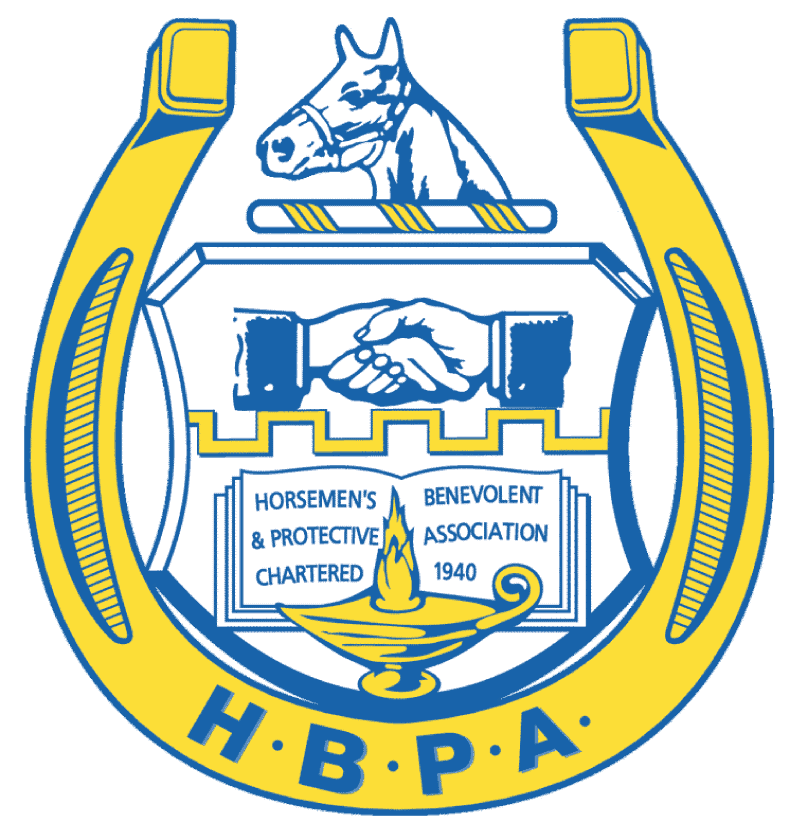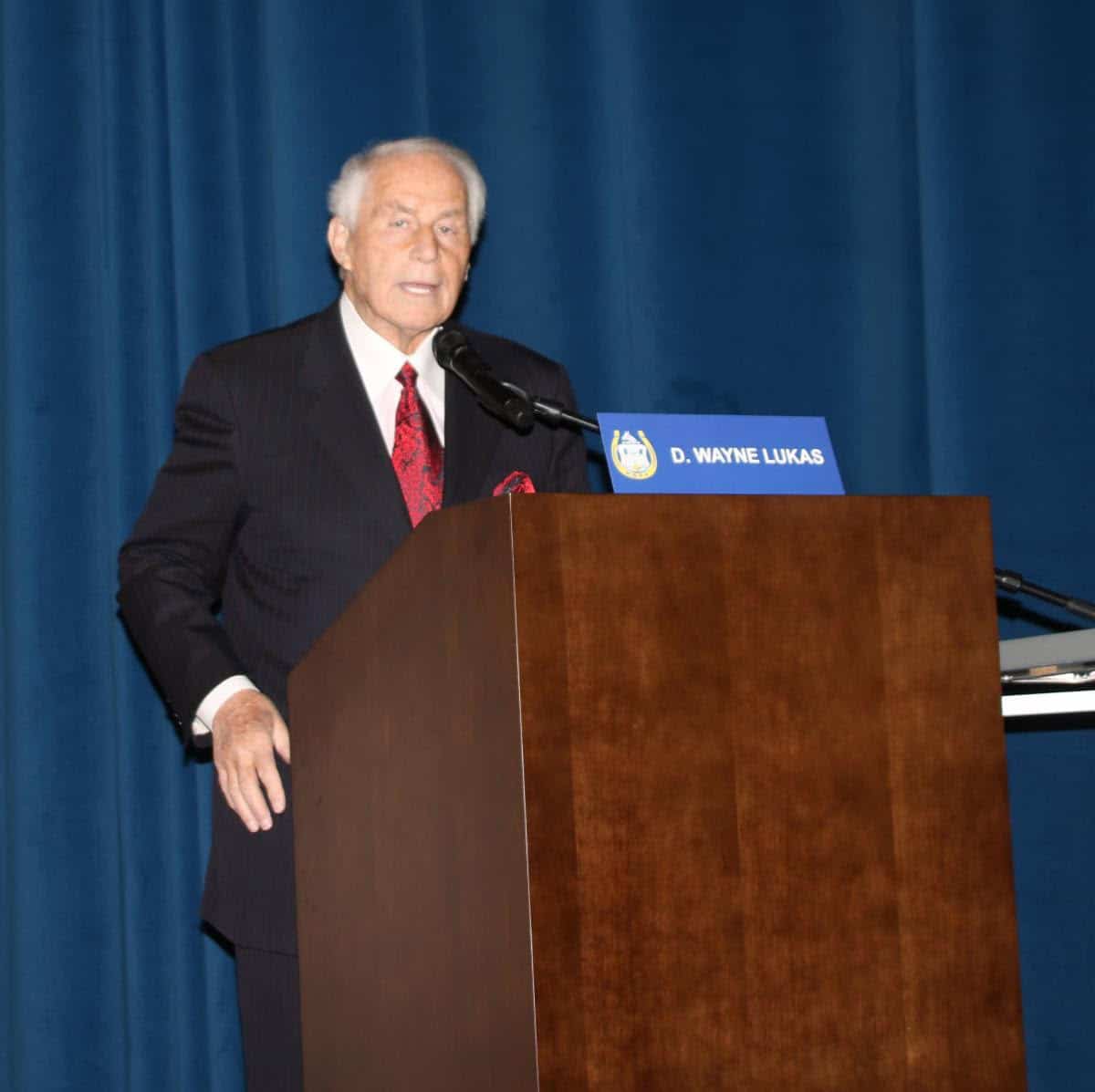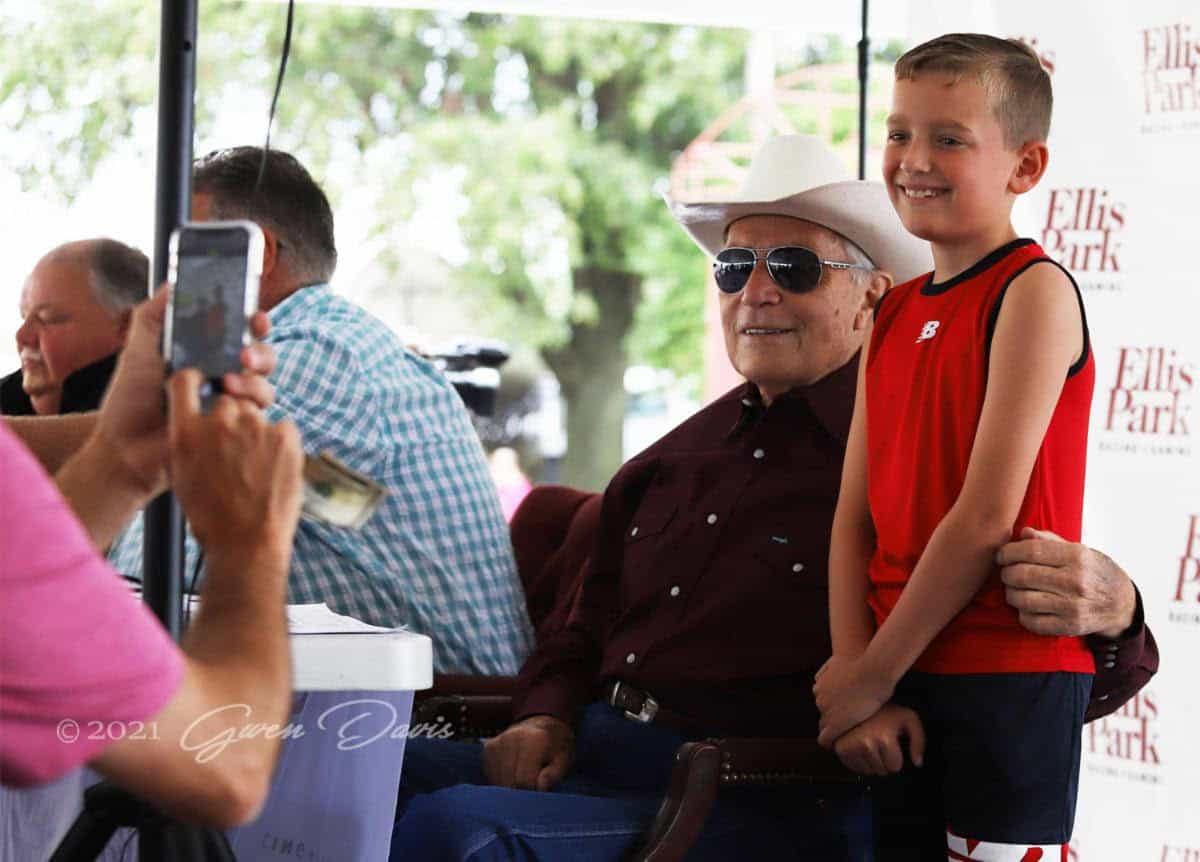Judge Rules New Mexico Tracks Can’t Use Purse Money for Other Expenses
 The New Mexico Horsemen’s Association won another legal victory in its ongoing disputes with the state racing commission and racetracks, with a judge terming as “rule-making overreach” the practice of diverting purse money toward medical-insurance premiums for jockeys and exercise riders.
The New Mexico Horsemen’s Association won another legal victory in its ongoing disputes with the state racing commission and racetracks, with a judge terming as “rule-making overreach” the practice of diverting purse money toward medical-insurance premiums for jockeys and exercise riders.District Court Judge Victor S. Lopez determined in his Sept. 20 order that the New Mexico Racing Commission (NMRC) improperly required horsemen, through their purse accounts, to pay half of racetracks’ insurance premiums for jockeys and exercise riders, in violation of state statute.
Gary C. Mitchell, general counsel for the New Mexico Horsemen’s Association (NMHA), applauded the ruling, which he hailed as vital to the health of horse racing in the state.
“The battle is over the political power of the racetracks that wish to cut down on the expenses of running a racetrack and a race meet and enjoy greater income from their casinos,” Mitchell said. “The great advocate standing in their way is, and has always been, the Horsemen’s Association and hopefully the New Mexico Legislature.”
Under New Mexico law, any gaming operator licensee that is a racetrack must pay 20 percent of its net take for purses to be distributed in accordance with rules adopted by the state racing commission. An amount not to exceed 20 percent of the interest earned on the balance of any fund consisting of money for purses may be expended for the costs of administering the distributions.
Since 2009, more than $9 million has been taken from purse accounts at New Mexico’s five racetracks to use for the insurance premiums. In late 2020, the NMHA went to court to end the unlawful practice and to get all or a portion of the lost purse money returned.
Judge Lopez’ order said that just because the practice of using purse money for jockey and exercise rider insurance premiums had been in effect for years without objection did not make it legal under state law.
“(The) reality is that the practice is being questioned now; the parties presented no authority supporting the proposition that a party somehow waives a rule-making overreach by the mere passage of time,” Judge Lopez wrote.
Calling it “form over substance,” he shot down the commission’s claim that the 20 percent of their net first goes into “gaming accounts” that aren’t technically “purse account” monies until after funding for the insurance premiums is extracted. Judge Lopez further determined that the practice “cannot be reasonably characterized as a ‘cost of administering the distributions,’” as the commission contended.
“It is neither the Commission’s nor this Court’s role to decide and implement policy which would essentially allow the skimming of racing revenue for the admittedly favorable purpose of protecting jockeys and exercise riders who may sustain injuries in the course of engaging in the inherently dangerous profession of horse racing,” Judge Lopez wrote.
Judge Lopez stayed his order until at least March 18, the last day of the 2023 legislative session, “to allow the parties to consider legislative intervention, if appropriate.”
Mitchell said it’s important for horsemen to fight the illegal syphoning off of purse money for tracks’ operating expenses “because it set a dangerous precedent.”
“We know that first it would be for insurance, and the next thing would be to pay HISA,” he said of the controversial Horseracing Safety & Integrity Act that creates an unfunded bureaucracy to oversee aspects of horse racing nationwide. “… The Legislature never intended for that to happen. That was to save horse racing — and it was saving horse racing. It was working beautifully. The horsemen didn’t have any choice; they had to fight back.”
Judge Lopez’ order came three days before Judge Erin B. O’Connell ruled from the bench in favor of horsemen that the racing commission was in contempt of her earlier order. That August 2021 ruling barred the commission from blocking horse owners’ voluntarily contributions to the NMHA from money their horses earned in races. The commission has yet to comply with Judge O’Connell’s directive.
“I guess the racing commission doesn’t take the Court seriously, even though she ordered (as yet unspecified) sanctions,” Mitchell said. “So we’re going to be back in court again because the racing commission, the gaming control board and the various casinos keep thinking they can just ignore the Court…. In New Mexico, contempt is a powerful tool by the courts. The racing commission and gaming control board both have serious problems, monetarily and ethically, in continuing to do this.”
The NMHA represents more than 4,000 Thoroughbred and Quarter Horse owners and trainers throughout New Mexico. The organization also has a pending ethics complaint with the New Mexico State Ethics Commission against the racing commission and the New Mexico Gaming Control Board, accusing those agencies of conspiring for the express purpose of undermining the horsemen’s representative.
Also pending is a federal lawsuit filed by the NMHA in June 2021 in U.S. District Court against the commission, charging the regulatory body with depriving racehorse owners and trainers of their civil rights as well as other related violations.
More background:
New Mexico’s labor-intensive horse-racing industry was on the verge of elimination with La Mesa Park, San Juan Downs and Santa Fe Downs closing in the early 1990s.
In response, the state legislature legalized electronic slot machines at racetracks with the stipulation that 20 percent of their net revenue would go toward purses to bolster horse racing and protect the industry’s thousands of jobs. The legislation proved extremely effective, with SunRay in Farmington and Zia Park in Hobbs, N.M., opening in 1999 to give the state five racetracks. The others are Ruidoso Downs, Sunland Park and the Downs at Albuquerque.
The amount from slot machines comes to more than $30 million a year paid out to racehorse owners competing at New Mexico horse tracks. The NMHA — at its own expense — has administered the purse account ever since, with regular audits showing not even a penny has ever been lost or found out of place.
The NMHA has been funded by voluntary contributions from its member horse owners who earn purse money: 1 percent of what their horse earns goes toward the organization’s administrative costs, along with a $5 per-start fee earmarked to help members with medical expenses and a $2 per-start fee for the horsemen’s legislative and advocacy efforts.
The NMHA filed suit in the Second Judicial District Court in Bernalillo County in December 2020 to stop the commission’s years-long practice of taking purse money to pay the racetracks’ liability insurance on jockeys and exercise riders. The transfer of purse money to pay track operating expenses has cost horsemen to date more than $9 million.
In retribution, the New Mexico Racing Commission in May 2021 voted to defund the NMHA by cutting off its revenue stream, falsely asserting that the earned income from purse money was improperly going to the horsemen’s organization. (Once purse money is earned by an owner’s horse after a race is made official, those funds become that individual’s property to use however he or she desires.)
The New Mexico Gaming Control Board backed the commission, even after its own hearing officer ruled in favor of the horsemen on this matter. Racing commission chair Sam Bregman also serves on the gaming control board.
“There is no doubt the reason for the actions taken against the New Mexico Horsemen’s Association is to destroy, or weaken severely, the horsemen so race meets can be shortened, the purse money can be used for race track expenses and more expense burden can be shifted to race horse owners and trainers,” Mitchell said. “So long as the horsemen fight, the purse money cannot be misused and race meets of good duration will continue. Get rid of the horsemen and no one stands in the way. Get rid of the horsemen and you get rid of horse racing as it should be run. It is that simple and clear.”
(From New Mexico Horsemen’s Association news release)





